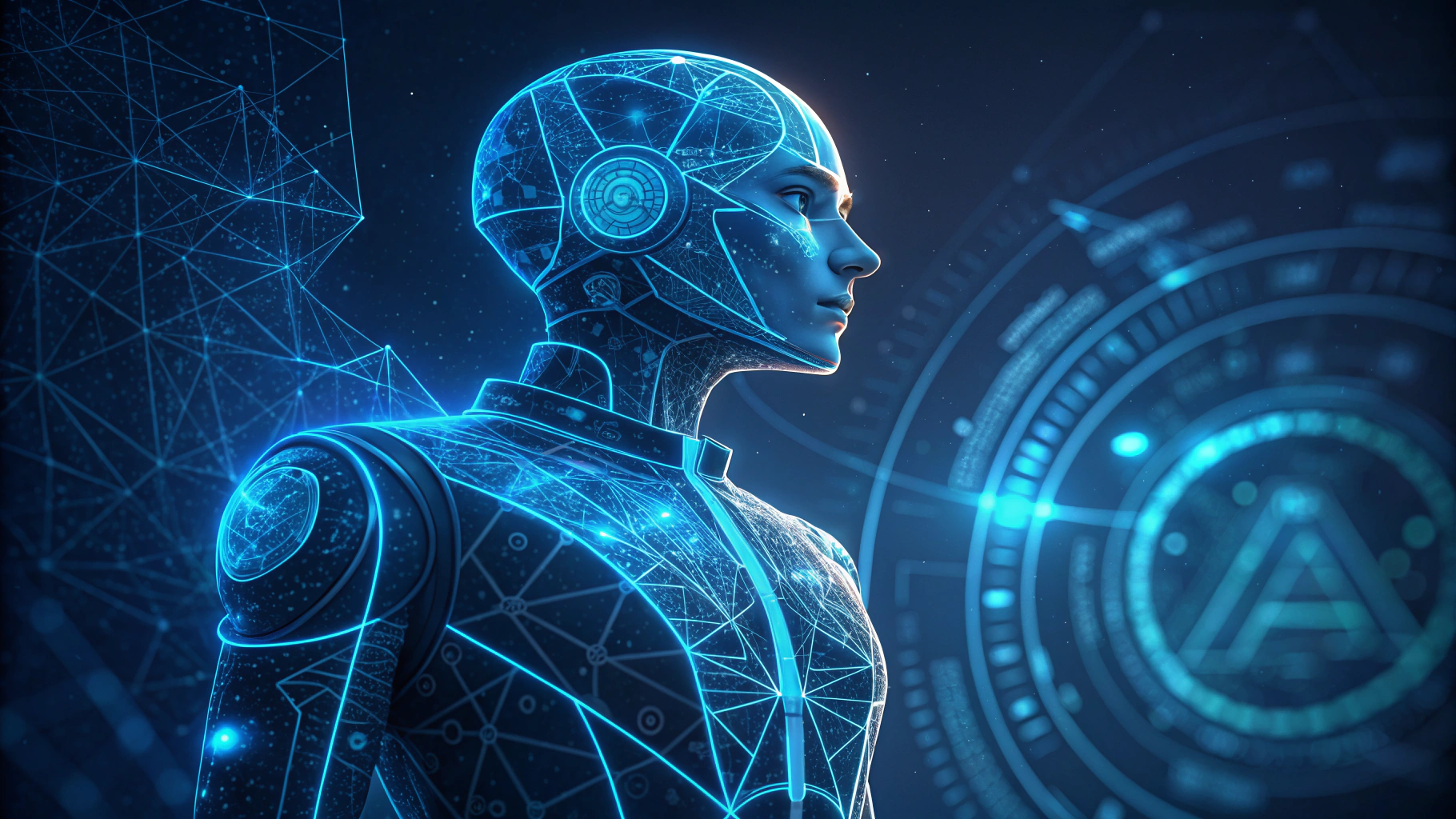Understanding AI Agents: The Future of Intelligent Automation

Understanding AI Agents: The Future of Intelligent Automation
In today’s rapidly advancing technological landscape, Artificial Intelligence (AI) agents are at the forefront of innovation. These intelligent systems are designed to perform tasks autonomously, making them invaluable across various industries. This comprehensive guide delves into the world of AI agents, exploring their functionalities, applications, and the promising future they herald.
AI Agents for Content Generation Banner - Source: LeewayHertz
What are AI Agents?
AI agents are software programs that utilize artificial intelligence to perform tasks autonomously. They are engineered to perceive their environment, make decisions, and execute actions independently, without continuous human oversight. These agents vary in complexity, from simple reactive agents to advanced deliberative systems.
Types of AI Agents
- Reactive Agents: Respond to stimuli directly from their environment without retaining an internal state, ideal for immediate tasks.
- Deliberative Agents: Maintain an internal model of the world to plan actions, capable of complex reasoning for strategic tasks.
- Hybrid Agents: Combine the benefits of both reactive and deliberative agents, offering flexibility and adaptability in dynamic environments.
Applications of AI Agents
AI agents are revolutionizing many sectors by improving efficiency and streamlining processes. Key applications include:
- Healthcare: Assisting in diagnosis, managing patient data, and even enabling robotic surgeries.
- Finance: Enhancing fraud detection, algorithmic trading, and offering personalized financial advice.
- Customer Service: Powering chatbots that provide round-the-clock support.
- Autonomous Vehicles: Facilitating navigation, interpreting sensor data, and making real-time driving decisions.
- Smart Home Devices: Enabling devices to learn user preferences and automate everyday tasks.
Advantages of AI Agents
- Efficiency: They perform repetitive tasks swiftly and accurately.
- Cost-Effectiveness: Automation leads to significant cost savings on labor.
- Scalability: Capable of handling large volumes of tasks simultaneously.
- 24/7 Availability: Operate continuously without breaks, ensuring persistent performance.
Challenges and Considerations
While AI agents offer substantial benefits, they come with challenges such as ethical concerns, privacy issues, potential job displacement, and inherent technical limitations. It is crucial to address these challenges to ensure responsible and ethical deployment of AI.
AI Agents for On-Page SEO - Source: Writesonic
The Future of AI Agents
With ongoing advancements in natural language processing, machine learning, and IoT integration, the capabilities of AI agents continue to expand. The future will likely see even more seamless integration between human and AI systems, leading to smarter, more efficient technological ecosystems.
Conclusion
AI agents are reshaping how industries operate, offering unparalleled efficiency and innovative solutions across numerous sectors. As we continue to refine and implement these technologies, it is essential to balance technological advancement with ethical considerations, ensuring that AI serves as a force for positive change.


